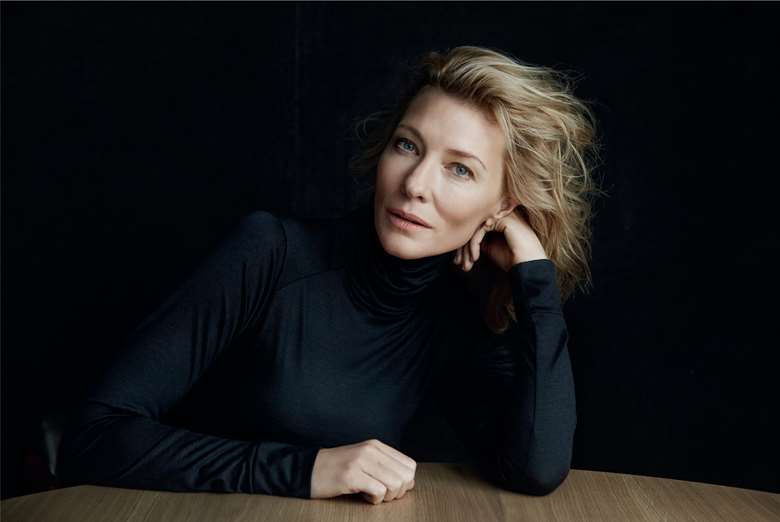Cate Blanchett interview: ‘I learnt the piano as a girl and played with great fervour’
Jonathon Brown
Wednesday, November 2, 2022
Director Todd Field's new film TÁR features a pianist turned composer, conductor and writer caught up in intense power struggles. The role is played by Cate Blanchett, who talks to Jonathon Brown

STEVEN CHEE
Register now to continue reading
This article is from International Piano. Register today to enjoy our dedicated coverage of the piano world, including:
- Free access to 3 subscriber-only articles per month
- Unlimited access to International Piano's news pages
- Monthly newsletter






